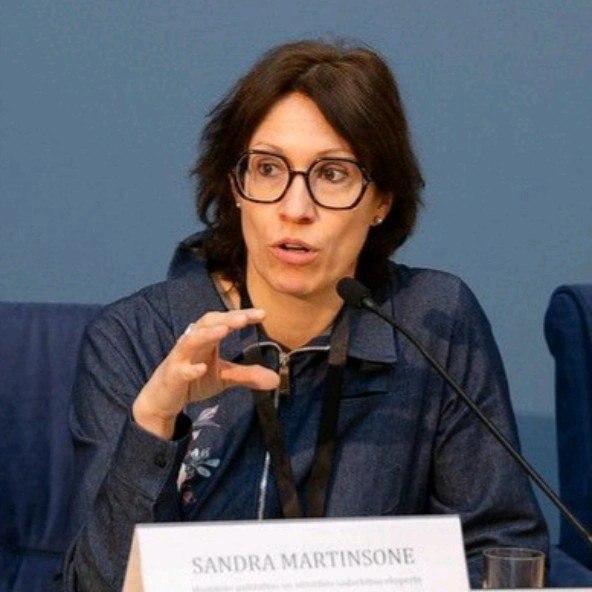JCU Welcomes Sandra Martinsone, Advocacy Manager at Bond UK
Sandra Martinsone, the Policy and Advocacy Manager at Bond UK, recently delivered an insightful talk to students in JCU’s NGO Consulting Lab course (BUS/PL 325). She shed light on the crucial role that Bond UK plays as a hub for Non-Governmental Organizations (NGOs) in the international development sector. Her presentation highlighted how Bond UK serves as a platform for NGOs to collaborate, share experiences, and drive impactful change, both locally and globally.
Martinsone explained that Bond UK’s work can be categorized into two main areas: outward-facing and inward-facing. The outward-facing work includes policy advocacy, research, and influencing governments and international bodies on development issues. Bond UK works to ensure that international aid is effectively directed towards the communities that need it most, guided by principles of sustainability, equity, and justice.

The inward-facing work of Bond UK is equally significant. It provides a space for member organizations to come together, share experiences, collaborate, and learn from each other. This includes knowledge-sharing on critical topics such as safeguarding, funding, transparency, and governance. Martinsone emphasized how NGOs use Bond UK as a forum to establish common rules, standards, and best practices, which strengthen their internal policies and operations.
Martinsone also touched on a fundamental concept in international development– the importance of long-term solutions over short-term handouts. She warned that while emergency aid can be very much needed, it sometimes leads to dependency and undermines local economies in the global south. Instead, Bond UK and its members focus on empowering communities through sustainable solutions, fostering resilience, and promoting locally-led development.
Similarly, Martinsone mentioned research being conducted by Bond UK and its partners on the concept of decolonizing economic governance while offering some criticism on the current global economic architecture. This research aims to challenge existing power dynamics that often place decision-making about the global south in the hands of organizations in the global north, many times, without any meaningful understanding of the lived realities of the communities they try to help.
Martinsone also distinguished between two main types of organizations in the development sector: ‘improvers’ and ‘reformers.’ Improvers focus on mitigating the effects of problems, offering relief and immediate support. Reformers, on the other hand, seek to address the root causes of issues, striving for structural and lasting growth. For this, she pointed out, how one tries to understand the problems in their initial stages is of great importance. She observed how organizations in the global north are predominantly improvers since they might lack a holistic understanding, while those in the global south are, for the most part, reformers, given that they live the realities they try to address and therefore have a deeper understanding of the issue. On that note, Martinsone raised a critical concern: the majority of decisions about development in the global south are still made by organizations in the global north. This imbalance, she warned, can lead to solutions that are more pragmatic but less transformative. She expressed her hope that Bond UK’s work, alongside that of its member organizations, would continue to promote a shift towards meaningful, long-term change in the sector.
Sandra Martinsone’s talk offered a useful exploration of the work of Bond UK and the challenges of international development. By providing a collaborative space for NGOs, advocating for better policies, and encouraging sustainable solutions, Bond UK remains a vital force for positive change. Her insights left us with a deeper understanding of the complexities of development aid and the importance of striving for transformative and meaningful impact.
(Camila Fernandez Aguilar)





